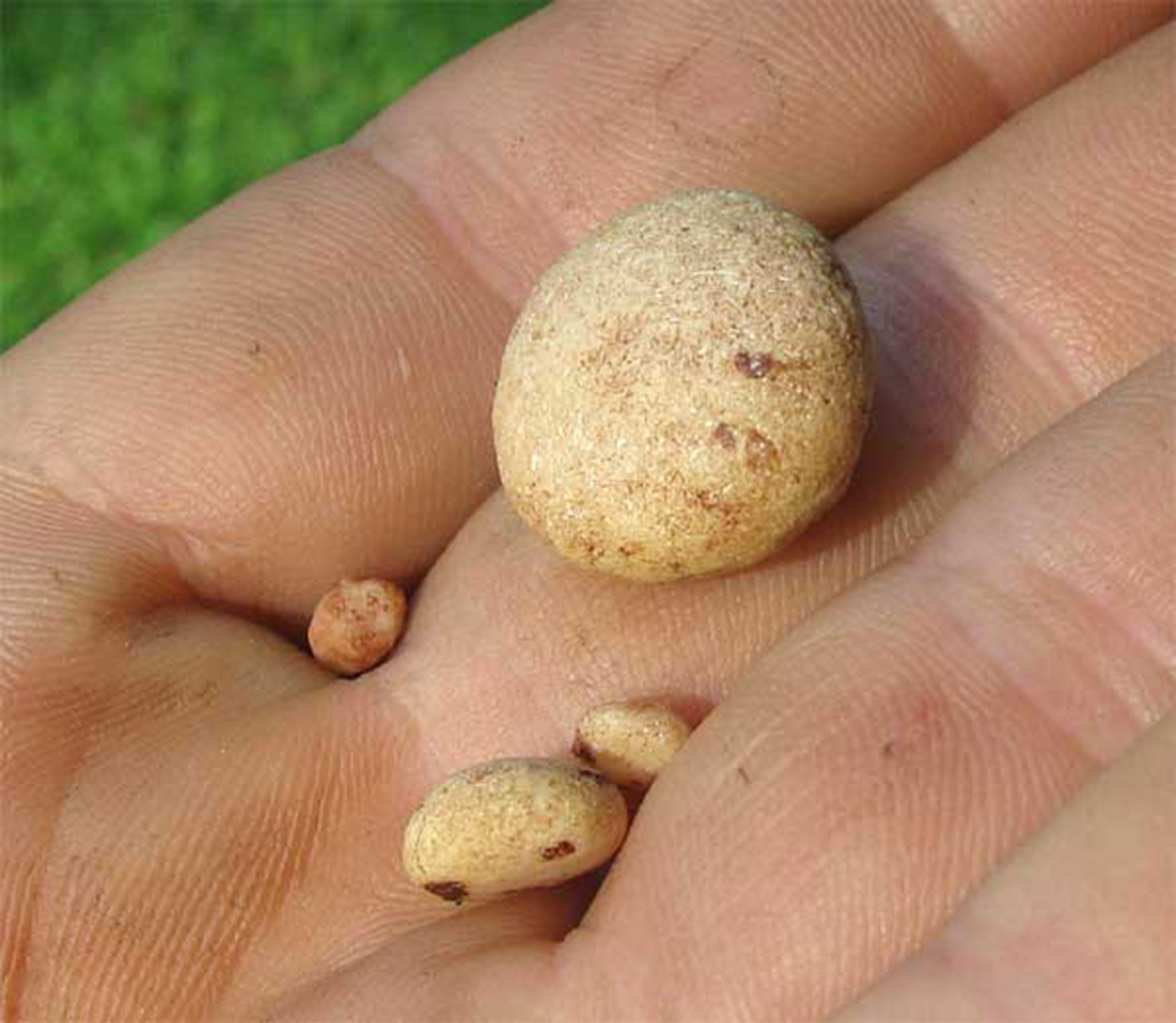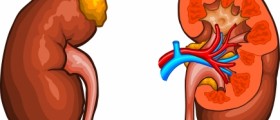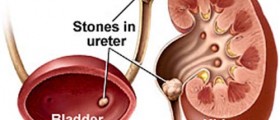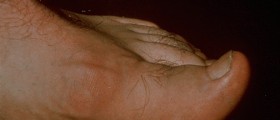
Introduction
There are several causes of kidney stones. However, doctors believe that numerous predisposing factors can lead to kidney stones. Even certain diseases increase the chance of kidney stone formation. Some people are more prone to kidney stones than others.
Kidney stone is actually a mixture of certain minerals, acids and the very urine. In case that urine contains more substances that can crystallize such as calcium, oxalate or uric acid then these substances can be cornerstone of the possible kidney stones. Namely these substances accumulate in urine and crystallize, this way forming in the beginning a very tiny stone which tends to grow in time. Crystallization will not take place if urine contains sufficient amount of substances that prevent crystallization.
Types of Kidney Stones
The majority of kidney stones are formed from different crystals. However, the predominance of certain crystals makes it easier for them to be classified.
Calcium stones are the most common kidney stones. Namely, they contain calcium oxalate. Oxalate is present in different foods. Still some fruit and vegetables contain increased amount of this substance. Nuts and chocolate are only one of them. Additionally, oxalates are produced in the body. Improper diet, high intake of vitamin D and certain metabolic conditions can lead to these types of kidney stones. Apart from calcium oxalate even calcium phosphate can be the basis of calcium kidney stones.
Struvite stones are actually a reaction of the body to some infection. These stones most commonly occur in urinary infections and can be rather large in size.
Uric acid stones occur in dehydration, in case one is consuming too much proteins, and are regularly present in gout.
Cystine stones are not so frequent. They affect people with genetic disorder who cannot eliminate excessive amounts of specific amino acids.
Apart from the previously mentioned other types of kidney stones are rather rare.
Factors that Increase Development of Kidney Stones
Sometimes kidney stones run in a family. If there is a relative who is suffering from this condition it is possible that a person will end up with kidney stone himself/herself. Kidney stones most commonly affect people older than 40. Additionally, men are more prone to the condition than women.
Dehydration leads to concentration of urine. This is rather suitable for kidney stone formation. The best way to prevent urine from being concentrated is to take sufficient amount of water each and every day.
Even some dietary regimes may cause kidney stones. Diet rich in proteins, sodium and sugar can cause certain types of kidney stones.
Obesity is another risk factor for kidney stones. Certain surgical procedures such as gastric bypass, inflammatory bowel disease and so on can be responsible for kidney stones.
And finally, kidney stones may occur in certain medical conditions such as cystinuria, renal tubular acidosis, hyperparathyroidism and infections of urinary tract.

















Your thoughts on this
Loading...